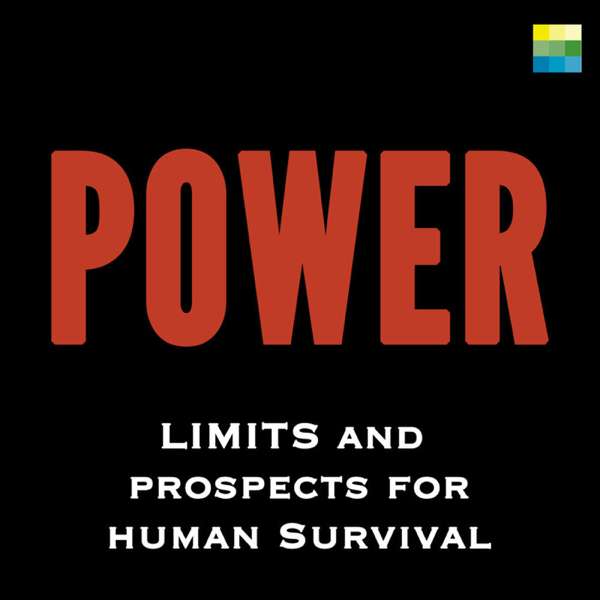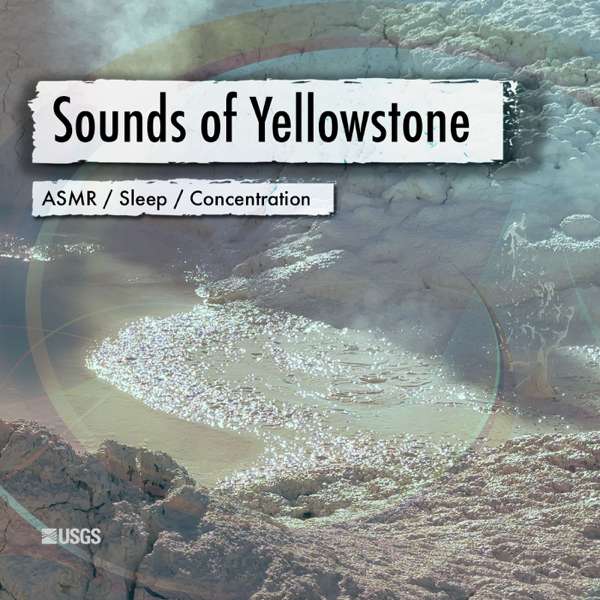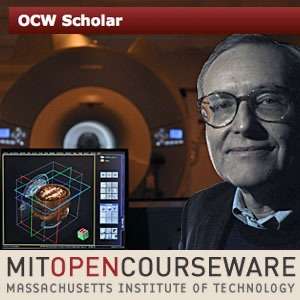Quantum theory governs the universe at its most basic level. In the first half of the 20th century physics was turned on its head by the radical discoveries of Max Planck, Albert Einstein, Niels Bohr, Werner Heisenberg, and Erwin Schroedinger. An entire new logical and mathematical foundation—quantum mechanics—eventually replaced classical physics. We will explore the quantum world, including the particle theory of light, the Heisenberg Uncertainty Principle, and the Schroedinger Equation.
This course is the second of a six-quarter sequence of courses that explores the essential theoretical foundations of modern physics. The topics to be covered include quantum mechanics, the general and special theories of relativity, electromagnetism, cosmology, and black holes. While these courses build upon one another, each course can be taken independently as well. Both individually and collectively they will let students attain the “theoretical minimum” for thinking intelligently about modern physics.
This course is presented by the Stanford Continuing Studies Program.

 Our TOPPODCAST Picks
Our TOPPODCAST Picks  Stay Connected
Stay Connected







